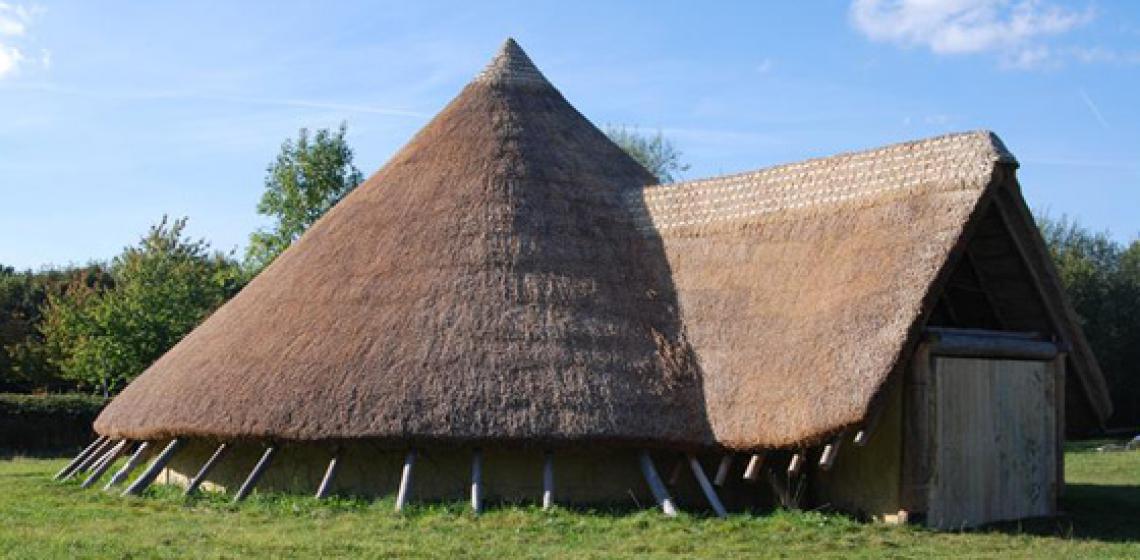
Hadleigh Castle Country Park is owned and managed by Essex County Council, a local authority. Background papers from NCC files that support the SSSI citation for the park specifically mention its use as an educational resource as it is a large, continuous, relatively undisturbed area of varying scientific character with mature habitats where it is still possible to find many of the county’s native plants and animals.
This situation was recognised by the County Council when the country park officially opened in 1987, when one of the team of three rangers main duties was the development of education on site. The range of habitats easily accommodate activities such as pond dipping and minibeasts, the result being that school visits built up rapidly. Through the 1990’s new activities were added including environmental education, team building games and photo-orienteering, and a permanent pond dipping platform was constructed at the edge of the marsh.
A change in staff in 2000 brought new skills and ideas to the site, leading to the start of the living history educational programme based around the Saxons. This made use of a large shed which was fitted out internally as a Saxon house, and to the creation of a mock archaeological dig with artefacts from the period. This project rapidly gained interest from local schools and now accounts for half of educational visits.
Throughout the whole period that the country park has been open, the educational work has been limited by the lack of indoor accommodation for schools, restricting the season to mainly between May and July. An initial idea to resolve this was by the purchase of portable classrooms to be sited in the car park. However, they are expensive, there was no funding and there are landscape issues regarding their siting.
Another idea was to expand the living history programme by the provision of a replica building on site which could also be used as indoor accommodation, and so the Iron Age Project started. The roundhouse was designed to a floor plan from an actual excavation at Great Waltham, near Chelmsford in Essex, which dates from 0 – 50 AD. After initial research, a funding proposal for the construction of an Iron Age roundhouse was put to Veolia ES Cleanaway Pitsea Marshes Trust and the park was awarded it. This building was finished in November 2007 and a new education package based on the Ancient Britons and Romans started in May 2008. Being the only such building in the county this innovative programme rapidly gained momentum and within a year significantly increase school visits to the park. The idea is to run living history days in the future.
